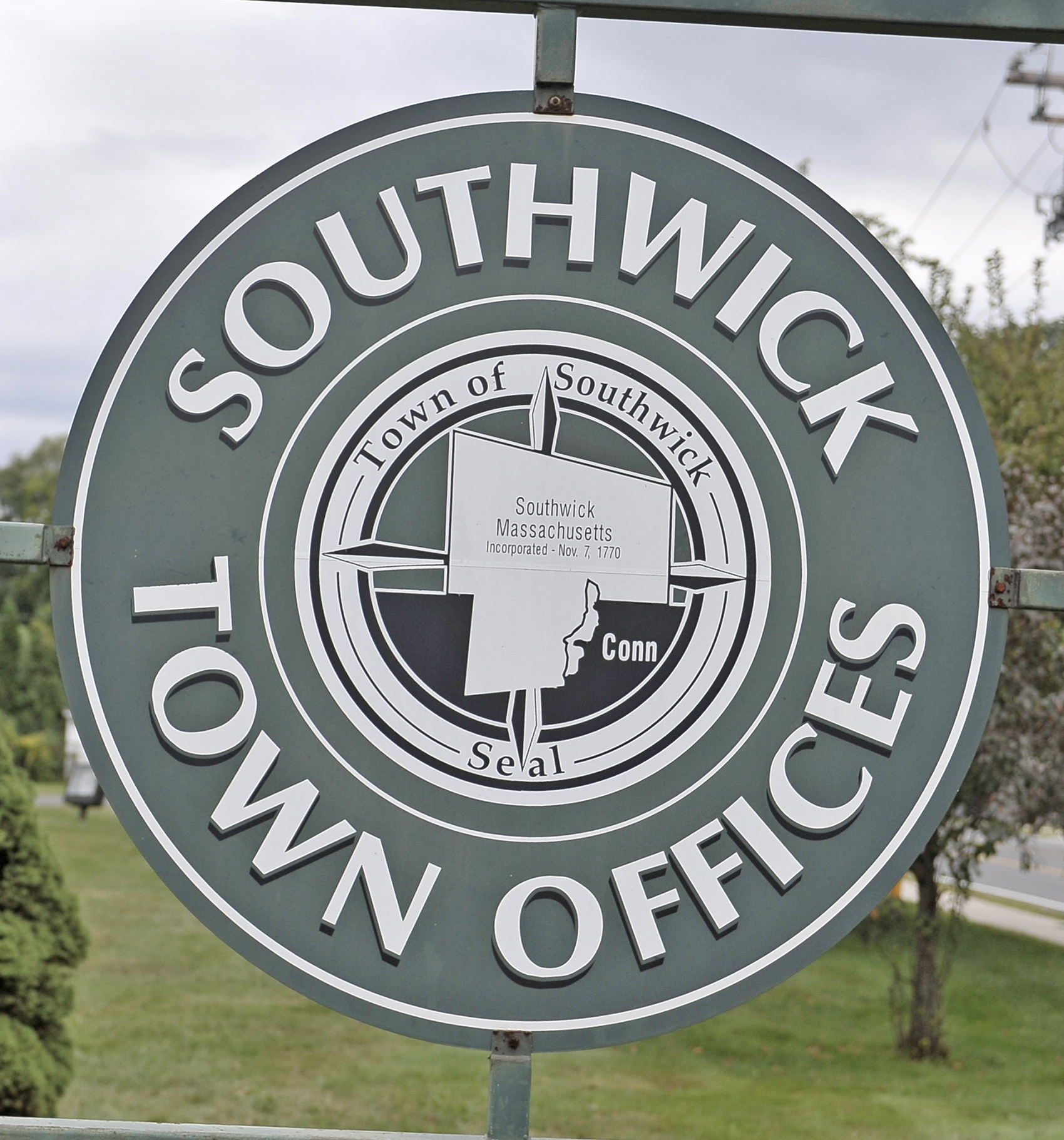
Department of Elementary and Secondary Education Commissioner Jeffrey Riley. POOL (Pat Greenhouse/Globe Staff) Reporter: Hanna Krueger
First state in nation to gain approval for Pandemic EBT through school year
BOSTON– The Baker-Polito Administration Dec. 16 received federal approval to issue Pandemic EBT benefits (P-EBT) for the rest of the 2020-2021 school year. P-EBT promotes increased food security for families who participate in the United States Department of Agriculture’s (USDA) National School Lunch Program (NSLP), covering the cost of missed school meals for more than 500,000 students in remote or hybrid learning environments.
Eligible households will receive the next round of P-EBT benefits by the end of December. The benefits cover school meals missed during the months of October and November, and households will receive benefits monthly through the end of the 2020-2021 school year. The Department of Transitional Assistance estimates P-EBT will bring $40 to $60 million per month in federal dollars into the Commonwealth’s economy.
“COVID-19 has exacerbated food insecurity, especially for children who receive nutrition support in school settings. This remains a significant challenge for many families throughout the Commonwealth,” said Secretary of Health and Human Services and COVID-19 Command Center Director Marylou Sudders. “Massachusetts continues to maximize every opportunity to tackle food insecurity across the state. The rapid approval of our plan to issue P-EBT through the end of the school year provide relief to hundreds of thousands of families across the state for many months as we continue to navigate this public health crisis.”
The Families First Coronavirus Response Act established the option for states to establish program P-EBT. Massachusetts initially launched its P-EBT program in April 2020 to help students and their families buy healthy food while schools were closed from March through June due to the COVID-19 pandemic, and was one of a limited number of states to receive federal approval for September P-EBT benefits. To date, P-EBT has brought more than $253 million in federal dollars into the Commonwealth, supporting families across the state and local grocery retailers. The Continuing Appropriations Act of 2021 extended P-EBT through the entire 2020-2021 school year.
P-EBT is jointly administered by the Department of Transitional Assistance (DTA) and Department of Elementary and Secondary Education (DESE), in collaboration with local school districts. Families with eligible students are expected to begin receiving P-EBT benefits to cover October and November school days, by the end of the year.
“P-EBT has proven to be an effective tool during the COVID-19 pandemic to help families with students learning at home directly purchase healthy, culturally appropriate food,” said DTA Commissioner Amy Kershaw. “P-EBT also brings critical resources into our local communities, supporting food retailers and their employees.”
“P-EBT benefits are an important piece of support for students and families during this challenging time,” said Elementary and Secondary Education Commissioner Jeffrey C. Riley. “I’m grateful to everyone at the state and district levels who are helping to feed children, from the people facilitating P-EBT benefits to the school nutrition workers preparing free meals.”
Families with eligible students will receive their P-EBT benefits monthly for the remainder of the school year. Based on federal rules, families will receive varying P-EBT amounts. Families with children in a fully remote learning environment will receive $117 a month per child, and children in a hybrid learning environment will receive $58 a month per child. Families can check their P-EBT balance by calling the number on the back of the card. P-EBT benefits can be used anywhere Supplemental Nutrition Assistance Program (SNAP) benefits are accepted, including online from Walmart and Amazon. Learn more about P-EBT at MAp-ebt.org.
P-EBT builds upon the work of the Massachusetts COVID-19 Command Center’s Food Security Task Force to strengthen our local food system and maximize federal food assistance programs to ensure that food insecurity needs are addressed during the COVID-19 public health emergency and into the long-term.
Families who already receive DTA benefits will get their P-EBT benefits on their existing EBT card. Families who do not receive DTA benefits, but were mailed a P-EBT card in the past, will get their P-EBT benefits on their existing P-EBT card. Newly eligible students will receive their P-EBT benefits on their EBT card if receiving DTA benefits or will be mailed a P-EBT card if they do not receive DTA benefits. Families who lost their P-EBT card can request a new one.
Many families eligible for P-EBT may also be eligible for the Supplemental Nutrition Assistance Program (SNAP) and are being encouraged to apply. Children and teens participating in the free and reduced-price lunch program can also get free meals at hundreds of school meal locations throughout the state, no registration or ID required.
DTA assists and empowers low-income individuals and families to meet their basic needs, improve their quality of life, and achieve long term economic self-sufficiency. DTA serves one in eight residents of the Commonwealth with direct economic assistance and food assistance, as well as workforce training opportunities. DTA administers three core programs: SNAP; Transitional Aid for Families with Dependent Children (TAFDC); and Emergency Aid to the Elderly, Disabled, and Children (EAEDC).
DESE is committed to preparing all students for success after high school. The Department’s work includes licensing educators, distributing state and federal education money, helping districts implement learning standards, overseeing statewide standardized tests, monitoring schools and districts, and convening districts and individuals to share best practices. In addition, DESE collects data to inform state and local decisions.






